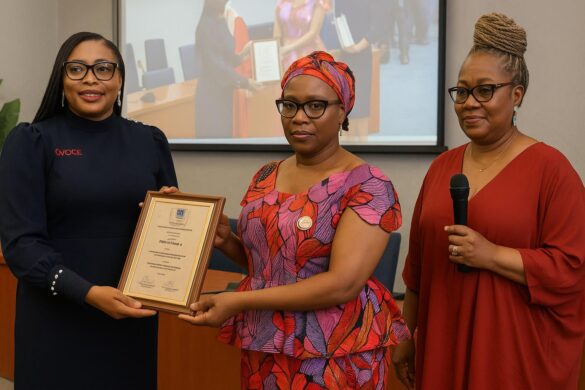Brazzaville Women’s Economic Forum Establishes Female Business Hub
The second Women’s Economic Forum in Brazzaville concluded with a confident commitment: to transform the Republic of Congo into a Central African reference hub for women-led businesses, while accelerating the pace of financial inclusion that keeps many entrepreneurial dreams on paper.
“We are at the beginning of a change,” stated the President of the National Chamber of Women Business Leaders and Entrepreneurs. She urged participants to pool their energies, formalize their businesses, and conquer neglected market niches in a country she described as “rich with opportunities.”
Inclusive Finance Leads the Recommendations
This year’s theme, “Genius, Financial Inclusion,” framed the forum’s recommendations. Delegates called for tailored funding mechanisms, continuous mentorship, incubators in all departments, and a regulatory climate that recognizes women’s leadership while protecting their business initiatives from bureaucratic friction.
A chamber member summarized the agenda. “Access to funding must become simpler; capacity building must be permanent; and the legal framework should reassure women who dare to innovate,” she told journalists after the closing session.
Government Promises Regulatory Support
Government representatives reiterated their commitment. The Minister of Small and Medium Enterprises and Crafts praised the private initiative and invited participants to utilize recently introduced administrative simplifications designed to shorten registration times and ease collateral requirements.
Observers note the forum comes as regional economies, still adapting to post-pandemic realities, seek growth outside of oil revenues. Women’s entrepreneurship, organizers insist, can broaden the base of contributors to national production without heavy public spending.
Genius Incubator Expands Across Provinces
At the heart of the plan is the Genius program, launched by the chamber to support artisans, traders, farmers, and startup founders. Its presence already extends to Brazzaville, Pointe-Noire, Oyo, Dolisie, and Ouesso, illustrating the ambition to cover every economic corridor.
Under Genius, a thousand women enter a three-month incubation cycle focused on business planning, marketing, and basic accounting. A shorter acceleration track targets two hundred more mature projects, connecting them to funders and digital tools for market access.
Participants praise the practical approach. “In three weeks, I learned to convert artisanal production costs into prices that support profit,” said a young designer from Pointe-Noire who requested anonymity, keen to formalize her business before speaking publicly.
Access to Capital and Tech Solutions
Despite the enthusiasm, access to capital remains uneven. Many micro-entrepreneurs lack the land titles or fixed assets required by banks. The forum urged lenders to pilot guarantee systems and experiment with cash-flow-based assessments better suited to service businesses.
Technology featured prominently. Speakers argued that mobile payment platforms and e-commerce could reduce transaction costs for women in remote districts, provided connectivity gaps are addressed. Genius therefore integrates digital literacy modules and has negotiated
